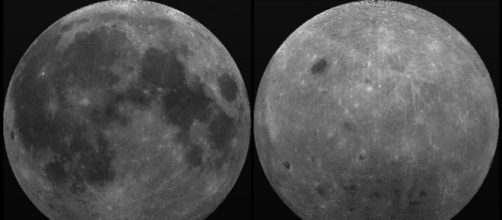When SpaceX’s Elon Musk first announced that he had two paying customers willing to take a trip around the moon on a specially outfitted Dragon spacecraft launched by a Falcon Heavy in 2018, the announcement was met with a combination of excitement and skepticism. The excitement stems from the fact that Musk is one of the cool kids in the aerospace community and such announcement, such as the one about the Mars colony, are given a certain weight that no one else, even NASA, enjoys. The skepticism comes from the other fact that Musk has a tendency not to hit targets he has set for himself.
The Falcon Heavy, for example, due to be test launched later in 2017, is years behind schedule. We can count Vladimir Solntsev, general director of RSC Energia, the primary contractor for Russia's human spaceflight program as part of the skeptical faction.
Russian space leader casts doubt on SpaceX moon mission
Space.com noted that Solntsev held an interview with the Russian news agency TASS when the subject of the SpaceX moon mission came up. He stated that SpaceX has no human rated launch vehicle capable of launching such a mission. The Dragon, even the one developed to take crews to and from the international space station, would have to be specially outfitted to deal with the high radiation environment that exists in cis-lunar space.
Solntsev concludes that Musk is likely to be unable to carry out a crewed circumlunar mission in 2018 or even 2020.
Russia’s circumlunar mission has been delayed often
A company called Space Adventures, which has sponsored several private trips to the International Space Station on board Russian spacecraft, has had a circumlunar mission in the works for a number of years. The idea is to launch a specially outfitted Soyuz spacecraft into low Earth orbit with a Russian cosmonaut and two customers willing to pay $150 million each. The Soyuz would dock with a propulsion module that would then blast it on a free-return trajectory around the moon. The voyage has often been delayed and is currently scheduled for some time by the end of the current decade.
What about NASA?
A proposal from the Trump Administration to fly a crew around the moon on board an Orion spacecraft to be launched on a heavy lift Space Launch System was vetoed when a NASA study noted that the cost would not justify the benefits. Currently, NASA is not planning to send astronauts into deep space before 2021 at the earliest. Thus SpaceX may represent the only hope of getting Americans to the vicinity of the moon sooner rather than later.


